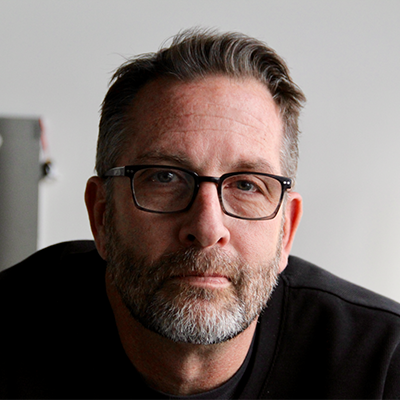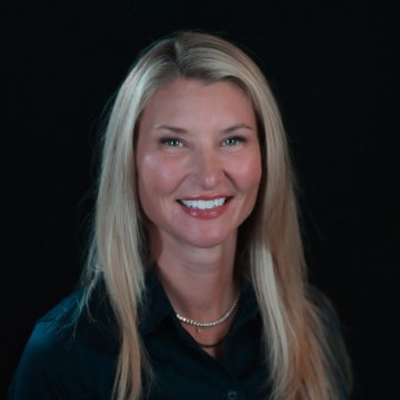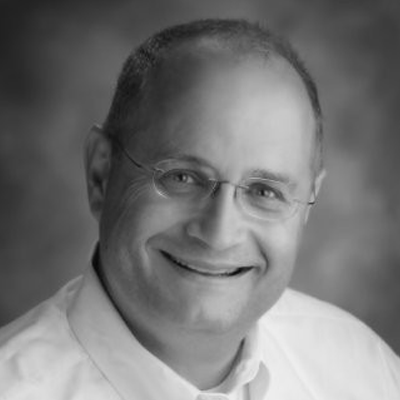AI Infrastructure Special Interest Group
Vision and Mission
The special interest group (SIG) on AI Infrastructure has an overarching vision of informing the build out of AI infrastructure, both physical and intellectual, for the state of Utah.
Towards this, our SIG aims to use current and future research and industry use cases to explore the needs of Utah’s AI ecosystem in world-class infrastructure support.
Goals and Activities
Over the next six months, the AI Infrastructure SIG is working to develop a regular session with overviews of AI projects in the State of Utah and to expand to examining where in Utah’s Universities and Colleges AI could be used to upskill future graduates.
This SIG will also create a recommendation of AI hardware including local installation and cloud usage needs for the state of Utah to be published on the SIG webpage.
This SIG will also work toward gaining regular representation of Utah AI projects in workshops and hackathons such as the OpenHackathons Series.
With these goals, a primary activity of this SIG is outreach in order to gain awareness of state of Utah AI needs, both academic and industrial, and to drive statewide participation in workshops and hackathons.
Additionally, this SIG will engage AI infrastructure providers to maintain an awareness of current and upcoming hardware and software trends.
Upcoming Events and Engagements
Monthly meetups where current Utah AI use cases are presented.
Next meeting—March 7, 2025, at 9 am
Featuring two presentations from University of Utah Scientific Computing and Imaging Institute students currently using the NVIDIA GH200 Grace Hopper™ Superchip. Each presentation will consist of an overview of the research project, a description of why GH200s were needed, expected future workload needs, and a look into the future of this work.
For access to the virtual call, please email Penny Atkins.
May 5, 2025, at 9 am
Vivek Srikumar, associate professor in the John and Marcia Price College of Engineering’s Kahlert School of Computing, will discuss his group’s research and associated compute needs and how he is using the National Science Foundation (NSF) and the Department of Energy (DOE) initiative that connects cutting-edge AI researchers with the most advanced computational resources: the National Artificial Intelligence Research Resource Pilot (NAIRR).
Previous Meetings
Feb. 7, 2025—Brendan O’Fallon, Bioinformatics Director at ARUP Laboratories
Brendan presented work-in-progress on a foundation model for hematopathology. Hematopathology is the study of blood disorders, and often involves examination of bone marrow, peripheral blood, and other tissues with light microscopy. Currently, most of the basic analyses are very manual and require pathologists to manually count cells, estimate stain percentages, and scan tissue for abnormal cells. Brendan's team is creating a large vision transformer model that (they hope) will have general capabilities for identifying abnormal cells, tissues, stains, and other features of interest.
Members






